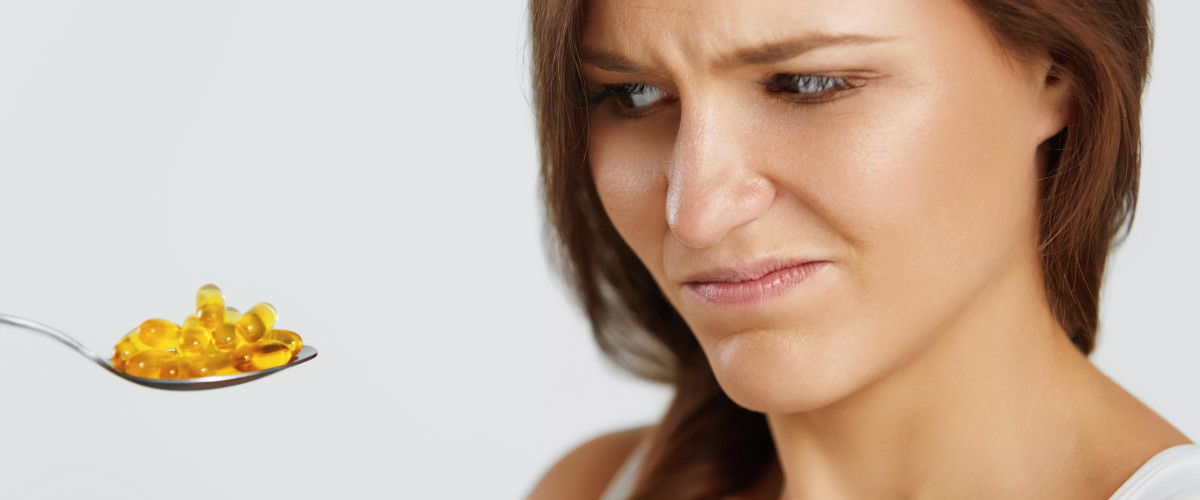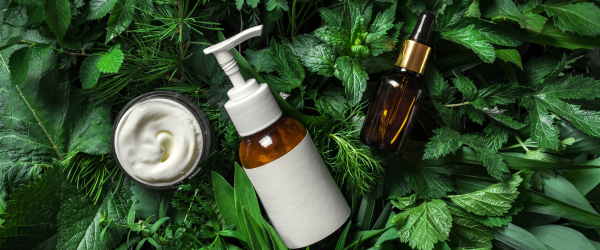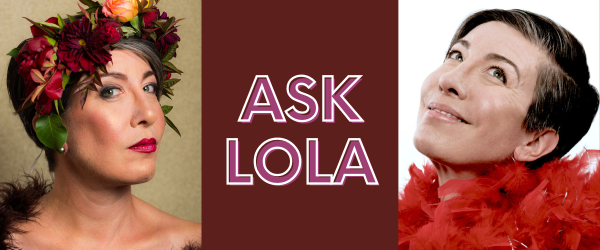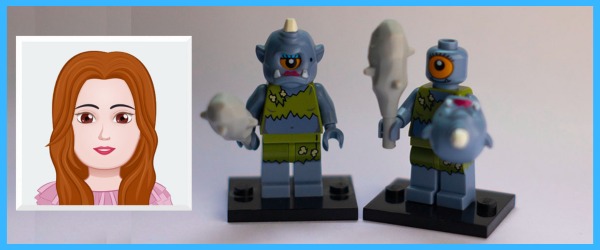Snake-oil promises have existed since the beginning of time — from aloe vera curing cancer to black cohosh ridding ladies of hot flashes — yet still we are suckered in. We dip our faces into vats of wrinkle cream every night to attain a complexion devoid of lines and pores. We faithfully rub lotion on our backsides because the bottle promises to eliminate that dreaded orange-peel look. There is no way you can convince me Brazilian Bum Bum Cream does anything except smell good.
No other product category empties our wallets like over-the-counter diet pills. Millions of us shell out our hard-earned dollars and swallow handfuls of potentially harmful, unregulated concoctions, always hoping the newest one will be the magic answer to our Size 1 fantasies. Of note: Though women are repeatedly told to have Size 1 fantasies, not every cam member or client has Size 1 desires. Believe me when I say you have a market at any size.
The weight-loss industry rakes in more than $100 billion a year, pumping out pills, foods and beverages with nary a risk to itself. Every item carries a disclaimer the product is not medically evaluated by the FDA as effective or safe. Manufacturers cover themselves with warnings to consult your physician before using. Each package bears a reminder the product “works well with proper diet and exercise.”
But let’s be honest: If we all ate properly and exercised regularly, the diet pill industry wouldn’t exist.
OK, you’re thinking, over-the-counter diet pills can be risky. So what? People slip and fall in the bathtub every day. That doesn’t mean you should stop bathing. Besides, the woman in the ad lost almost 30 pounds in eight weeks, and surely she wouldn’t lie. Now that many snack manufacturers have removed trans fats from their products, what’s to keep you from being elbows-deep in the tortilla chip bag every night when you’re taking the recommended “daily dosing suggestion” of Belly Blaster Ultimate Thermogenic Weight Loss Diet Pills (which, incidentally, come in 800mg “servings” — not capsules or pills, servings). Plus, the label says “natural,” so it must be safe. Healthy, even!
In fact, there is no way to predict how you will react when you take over-the-counter diet products. They won’t hurt everyone, but they can hurt you. Because they are not FDA-regulated, you can buy two bottles of the same product with no guarantee of the same ingredients, quality, purity or content. The loophole: When a label says “proprietary blend,” that can mean 50-percent rice flour in one bottle; 80-percent rice flour in the next.
What about the (pictures of models dressed as) doctors with their smiling faces, lab coats and stethoscopes? They are featured in so many of these ads, reassuring consumers of the safety and efficacy of the products. Who are these physicians, mostly “residents” or “graduates of” various medical schools, who have been “remunerated” (paid) for their endorsements? Guess what: They could be anyone with any type of medical degree. Sure enough, a Google search of some of their names — assuming they were accurate matches — turned up an orthopedist, a lecturer on neuro-intensive care at a week-long course review seminar that had grammatical errors on its website, several “no matches,” and one who had applied for a patent for an exercise device for facial muscles. Yet, despite all the strikes, many of us will stroll right back into the drugstore or supermarket and give one more brand just one more try.
You’d think we would have learned by now. Phen-fen, ephedra, diet teas, and other products have caused heart failure and even death, and they’ve been the basis for countless lawsuits. Here’s one: Sale Slash LLC sold diet pills with the claim they included ingredients like premium green coffee and premium white kidney bean extract while using fake endorsements from celebrities. Per the FTC’s Bureau of Consumer Protection, Sale Slash was ordered to pay $10 million in fines, most of which will be used for consumer reimbursement.
One solution: Read labels. Can you identify or pronounce the list of ingredients? How do you know what the product contains and in what amounts? Is it worth risking your nervous system, bowels, kidneys, heart, or life in hopes of shedding a few inches or pounds? Back away from that ridiculously priced bottle of false hope and, if it’s in your journey, get your ass to the gym. Or don’t. The only must-do here is avoid diet pills.
Think I’m trying to scare you? Here three women tell their diet pill horror stories. Two of them are in their 20s!
—
Jenna Andre is a total gearhead who also appreciates the simpler things in life. Email her at Jenna.Andre@ynotcam.com.
Check out the truth about “exercise in a pill” via SciShow.










